
ంభం. మా వినియోగదారుల నమ్మకానికి ఎప్పుడూ ద్రోహం చేయకూడదనే మా నిబద్ధతను మేము నిలకడగా సమర్థించాము, మా వ్యవహారాలన్నింటిలోనూ పారదర్శకత మరియు నిజాయితీని నిర్ధారిస్తాము. అదనంగా, నాణ్యతకు ఎల్లప్పుడూ పరిమాణంపై ప్రాధాన్యత ఇవ్వబడుతుంది, అసాధారణమైన ప్రమాణాలు మరియు కస్టమర్ సంతృప్తికి హామీ ఇవ్వడానికి ఉత్పత్తి ప్రక్రియ యొక్క ప్రతి దశలో కఠినమైన నాణ్యత నియంత్రణ చర్యలు అమలు చేయబడతాయి.
మా బృందం
ఇది మార్కెట్లో నిలబడటానికి మరియు విస్తృత కస్టమర్ల స్థావరాన్ని సేకరించడానికి వీలు కల్పించిన మా జట్టు సభ్యుల వెనుక భాగం. అర్హత, అనుభవం, నైపుణ్యాలు మరియు జ్ఞానం ఆధారంగా, మేము మా జట్టు సభ్యులకు ఒక జట్టు మరియు నిర్దిష్ట హోదాను కేటాయించాము. మేము పరిపూర్ణతతో ప్రతి పనికి మమ్మల్ని ఎనేబుల్ మరియు కస్టమర్ల అంచనాలను మించిపోయే మా జట్టు సభ్యుల గురించి గర్వపడుతున్నాము. మేము మా ఉద్యోగులకు అవసరమైన శిక్షణా కార్యక్రమాలను కూడా అందిస్తాము, తద్వారా వారి నైపుణ్యాలను మెరుగుపరచవచ్చు మరియు వారు సంబంధిత డొమైన్లో ముందుకు ఉండగలరు.
మాకు ఎందుకు?
- మేము ఉత్తమ ముడి పదార్థం మరియు తాజా ఉత్పత్తి సాంకేతిక ఉపయోగించి వాటిని తయారీదారు మా ఉత్పత్తుల ప్రీమియం నాణ్యత హామీ.
- కొనుగోలుదారు యొక్క అంచనాలను మరియు వ్యాపార మా స్వభావాన్ని దృష్టిలో ఉంచుకుని రూపొందించబడిన సరసమైన విధానాలను మేము అభ్యసిస్తాము.
- మేము ఫిల్మ్ డ్రైయర్, మురుగునీటి ఆవిరైటర్లు, మెంబ్రేన్ బయోరియాక్టర్, లిక్విడ్ డిశ్చార్జ్ సిస్టమ్, లిక్విడ్ డిశ్చార్జ్ సిస్టమ్ మొదలైన వాటితో సహా మా ఉత్పత్తులకు సరసమైన ధరను వసూలు చేస్తాము, తద్వారా వినియోగదారులు ఆర్థికంగా దోపిడీకి గురవుతున్నారని
కేటగిరీలు
- బాష్పీభవన మొక్కలు
- మల్టిపుల్ ఎఫెక్ట్ ఆవిరిపోరేటర్లు
- మురుగునీటి ఆవిరిపోరేటర్లు
- కదిలిన సన్నని ఫిల్మ్ డ్రైయర్
- సున్నా ద్రవ ఉత్సర్గ వ్యవస్థ
- ఫోర్స్డ్ సర్క్యులేషన్ ఆవిరిపోరేటర్
- మెంబ్రేన్ బయోఇయాక్టర్
- పారిశ్రామిక ఆవిరిపోరేటర్లు
- Wastewater Treatment Plants
- Wastewater Treatment Plants
- Wastewater Treatment Plants
- Industrial Evaporators
- Industrial Evaporators
- Industrial Evaporators
- Wastewater Treatment Plants
- Industrial Dryers
- Industrial Dryers
- Industrial Evaporators
- Industrial Evaporators
- Industrial Evaporators
About Us
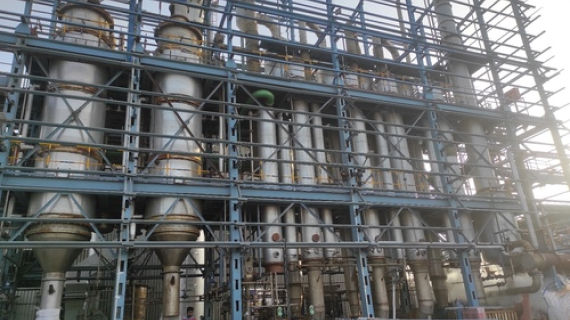
membrane bioreactor
వస్తువు యొక్క వివరాలు:
- వాడుక Industrial
- ఉత్పత్తి రకం Membrane Bioreactor
- వారంటీ yes
- మరింత వీక్షించడానికి క్లిక్ చేయండి
ధర మరియు పరిమాణం
- 1
ఉత్పత్తి లక్షణాలు
- Membrane Bioreactor
- yes
- Industrial
వాణిజ్య సమాచారం
- నెలకు
- డేస్
ఉత్పత్తి వివరణ
A membrane bioreactor (MBR) is a wastewater treatment process that combines a biological treatment process with a membrane separation process. MBRs are commonly used in industrial and municipal wastewater treatment plants.
Here are some things to know about MBRs:
There are two main types of MBRs:
- Traditional stirred tank reactor: Combines a membrane separation unit with a traditional stirred tank reactor
- Membrane contains immobilized biocatalysts: Contains immobilized biocatalysts like enzymes, microorganisms, and antibodies
The type of membrane used depends on the size of the contaminants being treated. For example, microfiltration (MF) is used for suspended particles, ultrafiltration (UF) is used for particles like bacteria and viruses, and nanofiltration (NF) is used for dissolved particles.
MBRs typically require weekly chemical maintenance cleaning and recovery cleaning once or twice a year.
Over time, organic matter and biomass can accumulate on the membranes, which can lead to "irrecoverable fouling". This fouling can determine the membrane's lifetime.

Price: Â
- 50
- 100
- 200
- 250
- 500
- 1000+
మెంబ్రేన్ బయోఇయాక్టర్ లో ఇతర ఉత్పత్తులు



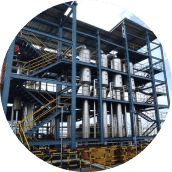
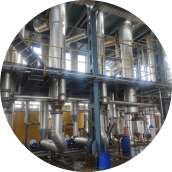
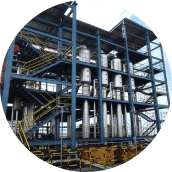



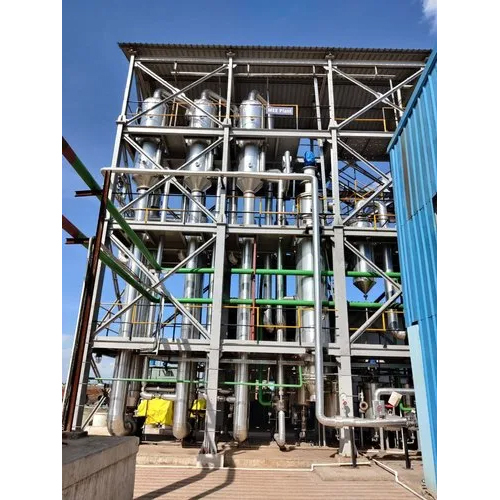
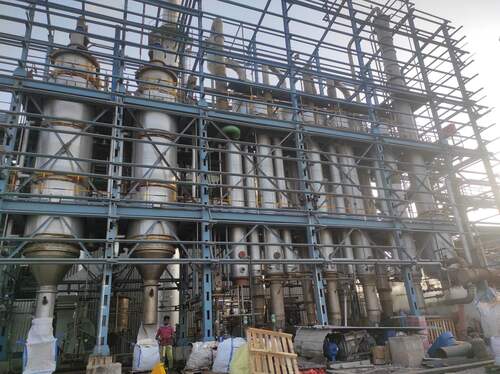
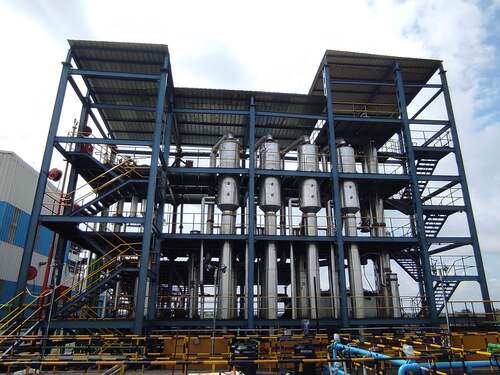

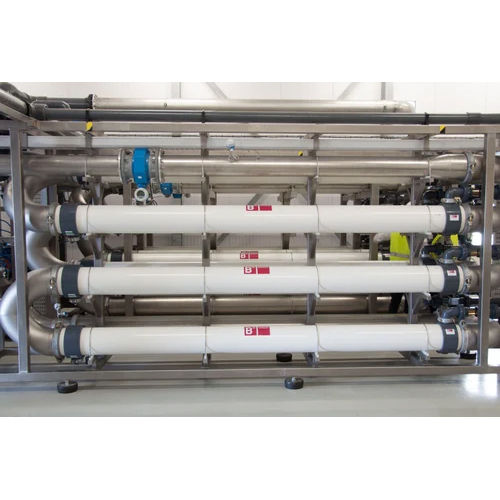

 English
English Spanish
Spanish French
French German
German Italian
Italian Chinese (Simplified)
Chinese (Simplified) Japanese
Japanese Korean
Korean Arabic
Arabic Portuguese
Portuguese